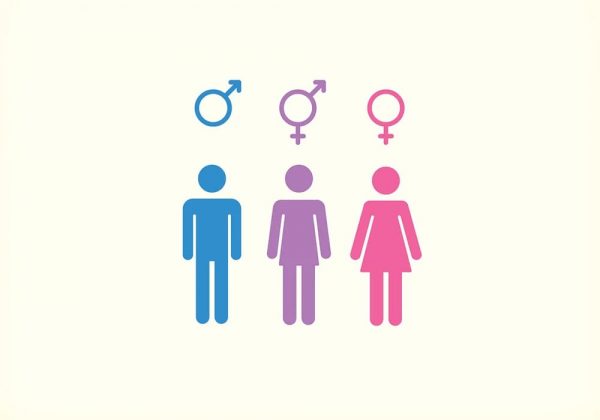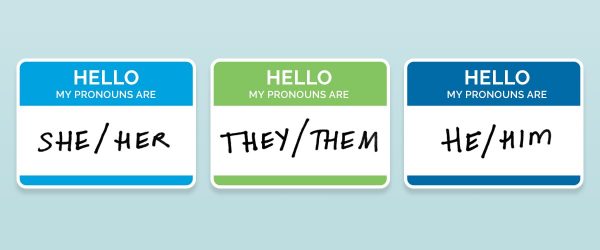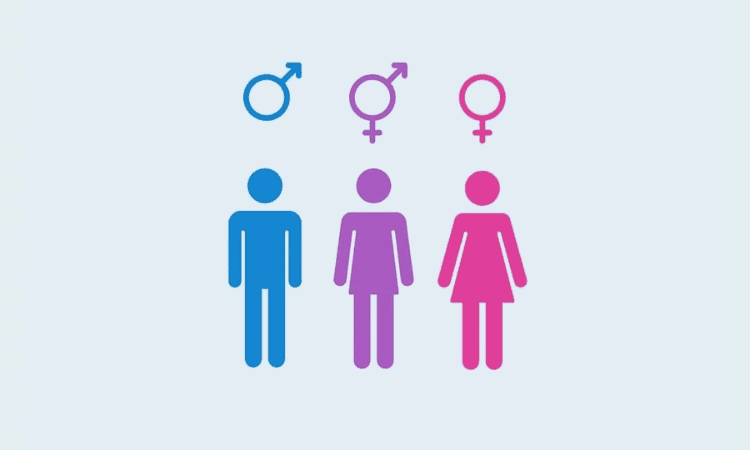Gender pronouns have become a topic of discussion in the recent past. With more awareness about the LGBTQIA+ community, there is an increased awareness about using gender pronouns as well. But why is using them so important? Is it just a fad?
How is gender different from sex?

People tend to use gender and sex interchangeably without really knowing why the two terms are so different. Sex is often what people are assigned at birth. So, you could be male, female, or intersex, based on the genitalia you are born with. Gender, on the other hand, is a social construct. It reflects the cultural role of sex in society. Gender is a vast spectrum, and you can identify yourself within or outside this spectrum. This means that your gender can be different from the sex you were assigned at birth. Gender doesn’t neatly fit into the binary boxes of man and woman. Instead, it is often non-binary and can range across the gender spectrum.
Who chooses the gender?
Individuals choose their gender themselves. They could choose to be male, female, identify with multiple genders or not identify with any gender. The choice of gender is very personal, based on what a person feels about themselves and their identity. People could be born male and identify as female, or vice versa, which makes them transgender. The individuals who don’t identify with any gender are known as non-binary or gender-neutral, while the people who identify with multiple genders are gender-fluid.
The right to choose their gender belongs to every individual and they can change their identity over time, if they choose to.
Why is it important to use gender pronouns?

Promotes inclusivity
Using appropriate gender pronouns goes a long way in making people feel included in any community – be it in a circle of friends, family, or in a workplace. Gender pronouns, similar to a person’s name, are an individual’s identity. Don’t assume what a person’s pronouns are; it’s better to just ask them and use their pronouns accordingly.
Respectful
When someone identifies themselves to you, you must refer to them likewise. Doing otherwise is a sign of disrespect. It is as good as saying, “Hey, you look like a Rahul, so I’m going to call you Rahul instead of your name Raj.” Ignoring someone’s pronouns is a sign of you rejecting their identity and makes them feel invalidated and ostracised.
Not doing so can cause mental health issues
We live in a very polarised world. While some of us accept people who don’t fit into societal constraints, others vehemently oppose those they think are different. This means that most of the world is still stuck in the binary ‘he or she’ language. When someone comes to you and tells you to address them a particular way, and you refuse to do it, it can lead to a sense of anxiety in the other person. They are already anxious about not fitting into a particular mould, so when you reject their identity, it can cause further harm. Using gender-neutral language ensures that you, at least, do not contribute to mental trauma, social anxiety, or any other negative mental health issues in people.
Shows support

By using the correct pronouns, you show support to the trans and the non-binary community. They are often ostracised, so just addressing them by their chosen pronouns goes a long way in showing them support. This also lessens the burden of the trans and non-binary community to continuously explain their identity.
Normalises the use of pronouns
Using gender pronouns helps normalise the use of pronouns for everyone. Be it a non-binary person who goes by ‘they’ or a cisgender person who goes by ‘he’ or ‘she’, regularising the use of pronouns helps to make it normal. This also avoids any awkwardness if someone wishes to ask you for your pronouns or share their own.
Gender pronouns may sound like a recent trend, but that is not the case. Even in 1795, English speakers’ dissatisfaction with binary, gendered language was documented. While English is a binary language, a lot of languages don’t gender their nouns like Tagalog, Japanese, Turkish, and Finnish. Using gender-neutral language also helps a lot in creating equality and diminishing gender roles.
Featured Image Source

 Web Stories
Web Stories











